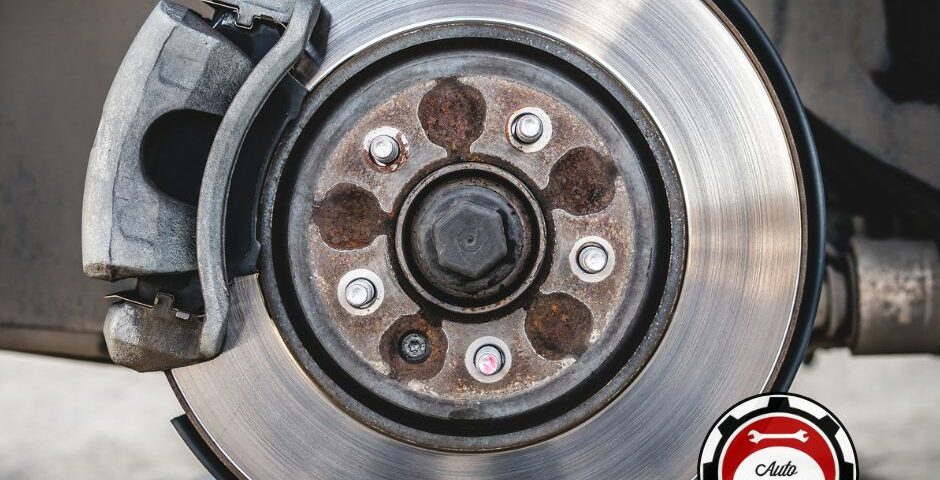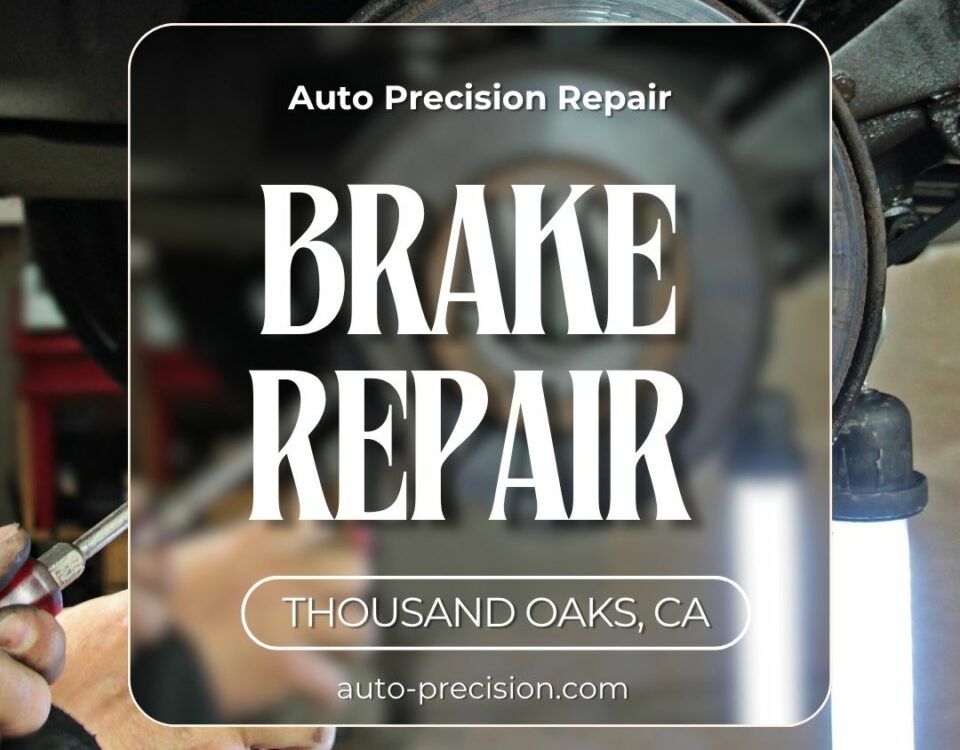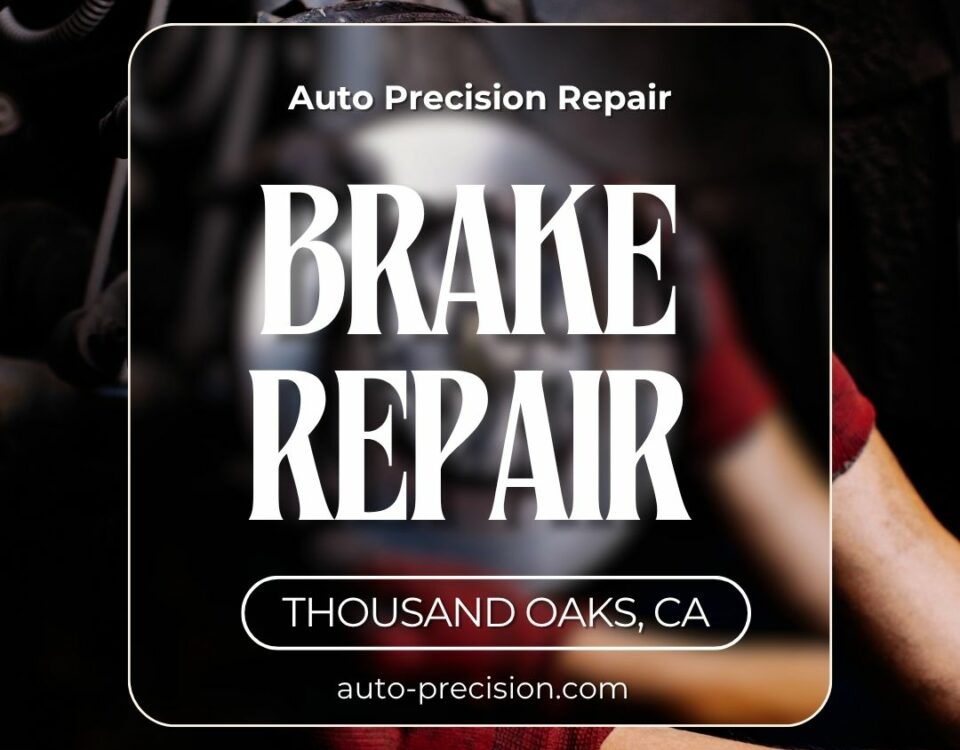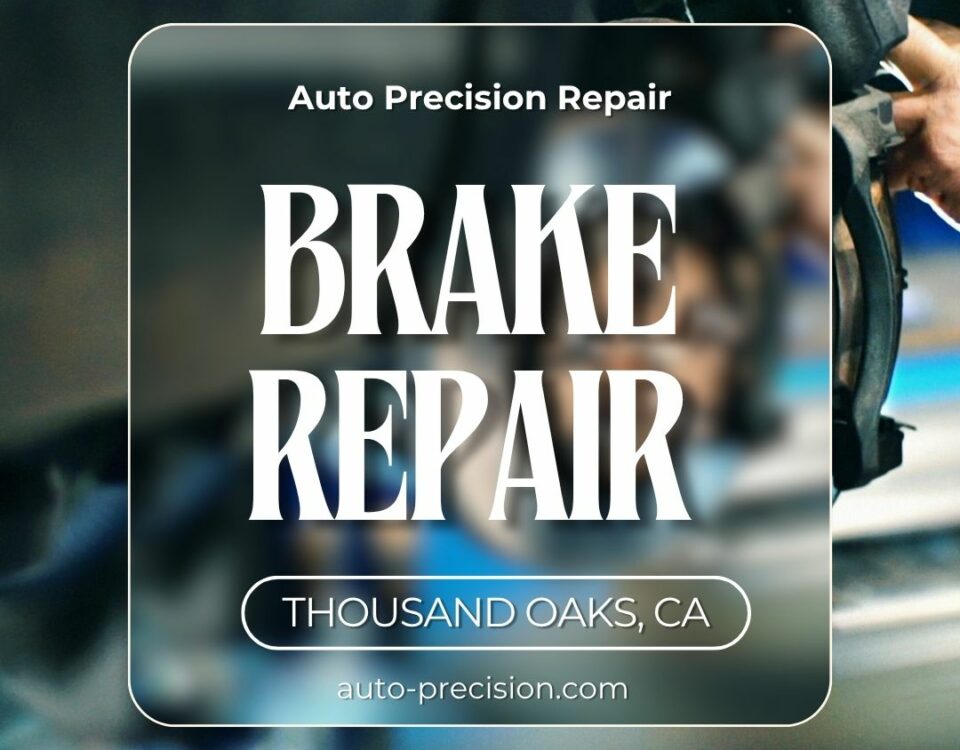
Signs Telling Your Car Might Need A Brake Repair
March 22, 2023
Quality Brake Repair: What To Look For In This Service
March 22, 2023Not many people are aware that their driving habits influence how long their brakes will function. Depending on the vehicle, brakes usually need to be replaced after 20,000 to 70,000 miles. However, multiple elements can influence a brake’s lifespan and cause that number to fluctuate significantly from car to car. The life span of your brakes depends on both the region in which you live as well as the quality of your brake pads and rotors. If you find yourself frequently starting and stopping in city traffic, for example, you’ll need to replace your brakes more often than someone who drives primarily on rural roads with little stop-and-go traffic.
By making a few adjustments to your driving style, you can improve your safety on the road and make your brakes last longer, let’s take a look at the easiest things you can do to do so.
- Don’t Speed: Your brakes work harder the faster you go, so to save your brake pads, don’t push them to the limit by speeding too much. Besides, this endangers your safety and others.
- Do Coasting: The coasting method is when you take your foot off the gas and let the car begin to slow on its own before using the brakes. It’s not necessarily proper for every driving scenario, yet it can be helpful when coming up to a turn or if there’s a stop sign forthcoming.
- Engine Braking: Next time you’re driving down a steep hill or winding around a mountain, don’t press the brake pedal down. Engine braking is much more effective and will save you wear and tear on your brakes. Engine braking is more commonly known as shifting down gears to slow your car. It’s easy to do and helps preserve your brakes by giving them a break.
- Don’t overload your vehicle: Keep your vehicle’s brakes in good shape by not overloading it. The more weight your car has to carry, the harder the brakes work and the faster they wear down. Take out anything you don’t need so that you’re not putting too much strain on your brakes. Be mindful of the weight of aftermarket parts before you install them on your vehicle. They might be heavier than their original equipment counterparts, which would put extra strain on your brakes and gas tank. Heavier vehicles also wear down tires quicker, so it’s ultimately not as cost-effective in the long run.
- Flush Brake fluid: Brake fluid naturally attracts water, which can reduce braking performance and cause internal corrosion. To prevent this from happening, we recommend replacing and/or flushing your brake fluid regularly. The general industry recommendation for a brake fluid flush is every two years or 25,000 miles. To get the specific manufacturer recommendations for your make and model, you can check your own vehicle manufacturer owner´s manual.
There are some brake problems that only a practiced eye will catch, though. If you want, you can choose an in-depth brake inspection. This type of inspection will reveal things like unevenly worn brake pads that a general inspection might not uncover, having these inspections performed regularly will prevent future costly brake repairs down the road.





